Flaws in testing may be real source of Wells Fargo's tech failure
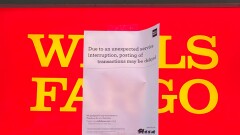
(Full story
Citi rolls out new personal loan, online savings account
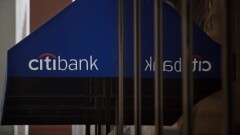
(Full story
Talent, deposits up for grabs after BB&T-SunTrust deal
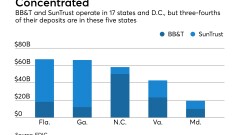
(Full story
Return of the barbell? How BB&T-SunTrust threatens banking's middle tier

(Full story
Fed, not FDIC, should regulate a merged BB&T-SunTrust

(Full story
ADA lawsuits tied to websites mount: Should banks fix, or fight?
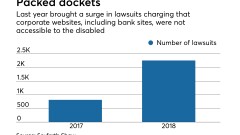
(Full story
Can JPMorgan Chase's JPM Coin knock off Ripple and Swift?
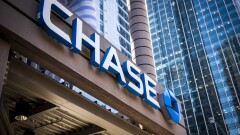
(Full story
Pot banking goes to Washington: 3 takeaways

(Full story
Closing many branches, but keeping most customers

(Full story
Square's banking bid avoids backlash that doomed Walmart's

(Full story





